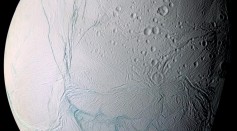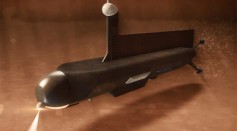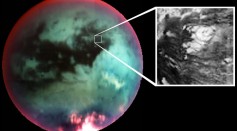Titan

Moon of Saturn Could Provide Answers to the Search for Life Beyond Earth
Methane Based Life Could Exist on Saturn’s Moon, Titan

VIDEO—How Antiquated Technology May Reveal the Secrets of Titan’s Seas

Saturn’s Titan Was Likely Sculpted by Rogue Winds Gusting on the Moon
Most Popular

How Technology Is Changing the Real Estate Industry?

AI Revolution in Medical Education: Transforming How Healthcare Professionals Learn

Nikolay Karpenko Biography, Photo, Career, Accomplishments

Zombie Star Set to Light Up Night Sky: Blaze Star Could Erupt Soon






